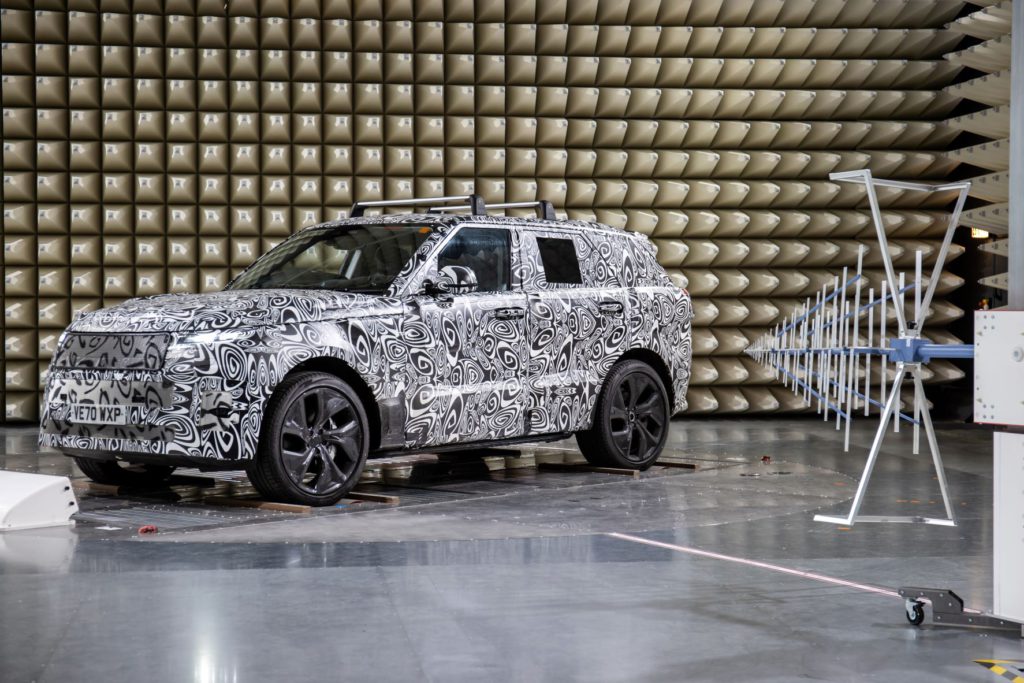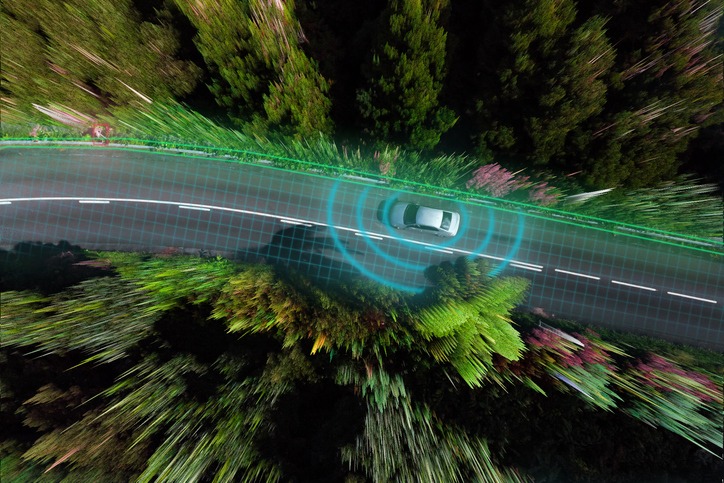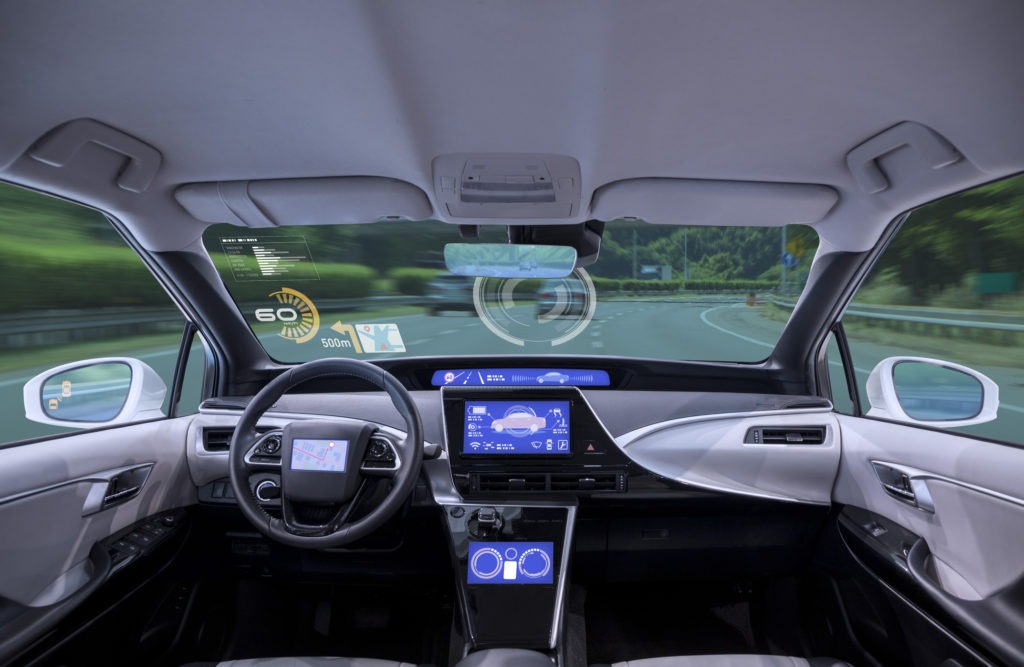JLR to upskill workforce for an electrified future
28 August 2022

Technology and the understanding of data are more important to the functionality and the user experience of driving a vehicle than ever before. This is only going to become more central to the workings of the automotive world, and Jaguar Land Rover (JLR) is taking steps to enhance and futureproof its approach in this area.
The carmaker has announced a collaboration with tech startup Multiverse, designed to accelerate the transformation to a fully-electrified infrastructure. The aim is to ensure that the company’s staff are equipped with the necessary skills to make the transition from spreadsheets and desktop data.
The Royal Society have outlined that a shortfall in data skills across the workforce in the UK is estimated to cost domestic businesses £2 billion (€2.4 billion) a year, with one-in-10 jobs requiring data expertise and 100,000 data positions unfilled, according to European data market monitoring. In their joining up with Multiverse, JLR are looking to upskill their workforce and buck this trend.
The work with Multiverse is the first of several initiatives planned by the company to increase data capability and invest in employees’ skills to meet the needs of the business during its transformation. JLR has recently stepped up its plans relating to expanding and integrating new technologies. It believes that this is ‘critical’ to the company delivering a modern luxury experience to clients now and in the future.
‘Data-first’ mindset
Through the partnership, Multiverse will deliver a 15-month data fellowship course, which will be offered to employees of JLR. The course will focus on topics including data modelling, analysis, Python, and machine learning. The first 400 employees enrolled this summer, with additional groups joining each quarter.
‘The automotive industry is rapidly changing to become digital and electric,’ commented Clive Benford, chief data officer at JLR. ‘The management and utilisation of increasingly high volumes of data in this new era will be central to JLR’s future. We need to create a data-first mindset that will support our growth, enhance the customer experience, and increase the productivity and expertise of our teams.
‘JLR’s own digital transformation is already underway with software-over-the-air, which demonstrates the power of effectively harnessing data. The primary goal of our partnership with Multiverse is to empower all our employees to utilise data, gain insights from it and develop valuable solutions.’
JLR reimagining its automotive future
Over-the-air updates, features on demand, and increasing autonomy are just some of the new technologies finding their way in to all forms of vehicles, from private everyday cars to light-commercial vehicles (LCVs) and beyond. JLR is just one of the carmakers trying to stay ahead of the game as technology advances at a rapid pace.
The company’s attempt to keep up with these sweeping technological changes in the automotive industry is labelled the Reimagine Strategy. This framework is designed to ‘create a new benchmark in environmental, societal and community impact for a luxury business.’
Central to JLR’s strategy is the electrification of both the Land Rover and Jaguar brands. The company wants to establish two distinct units by the end of the decade, with an overarching goal to become a net-zero carbon business across its supply chain, products and operations by 2039.
JLR recently opened a new state-of-the-art electromagnetic compatibility (EMC) laboratory facility in Gaydon, UK, to help foster vital automotive electrification and connectivity plans, to ensure that JLR vehicles meet current and future legislation and quality standards for connectivity and electronics.
Alongside the data fellowship course for JLR workers, the opening of the EMC laboratory is a bold and key piece in the jigsaw to ensure manufacturing operations are fit for future purpose. EMC is the ability for electrical equipment and systems to function correctly in an electromagnetic environment. It works by limiting the unintentional generation, propagation, and reception of electromagnetic energy, reducing the risk of unwanted effects such as electromagnetic interference.
Underlining the importance of the EMC as part of JLR’s wider technological restructuring, Peter Phillips, senior manager, electromagnetics and compliance at JLR, said: ‘Opening this new testing facility is an important step forward for the business and it will play a crucial role in helping us deliver quality, legal compliance, and customer satisfaction.’



